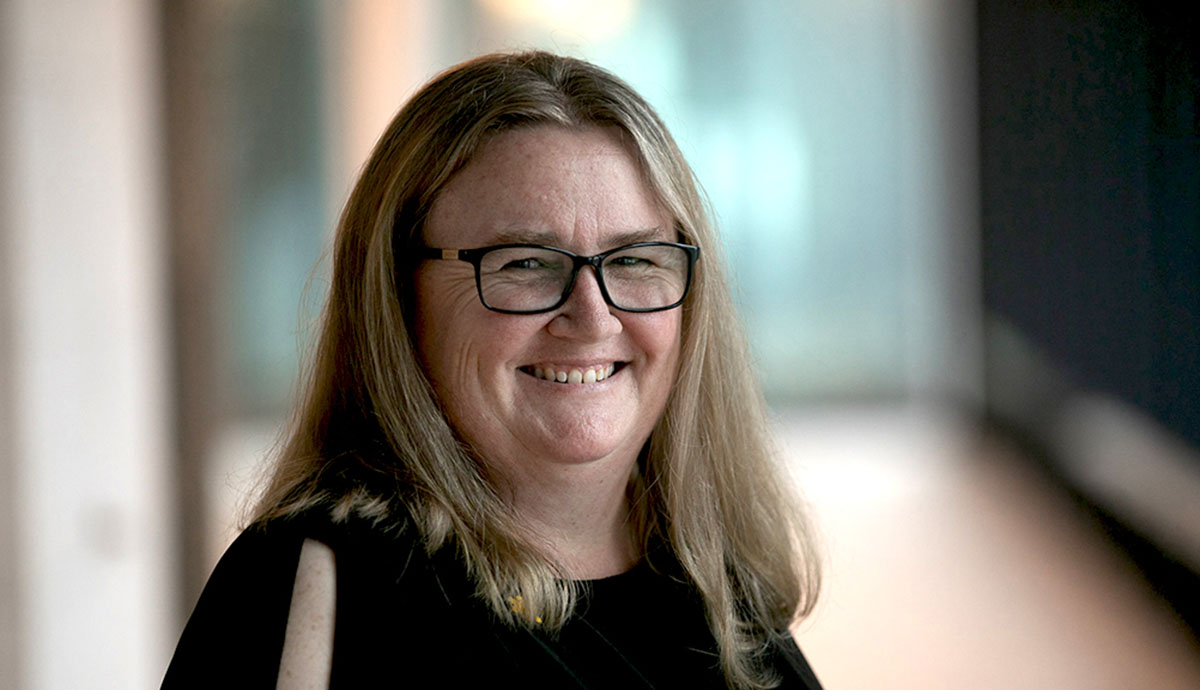March 15, 2019
Research aims to prevent complications in blood cancer treatment
Cancer Council NSW grant for graft-versus-host disease investigations
Cancer Council NSW has awarded almost $9 million of new funding to 13 ground-breaking cancer research projects. The chosen world-class research teams are leading the charge towards a cancer free future by investigating new ways to diagnose and treat the disease.
Dr Debbie Watson from the University of Wollongong’s School of Chemistry and Molecular Bioscience and the Illawarra Health and Medical Research Institute has been awarded $448,365 over three years to investigate measures to prevent further disease after blood transfusions in the treatment of cancer.
“My team aim to uncover new and exciting treatment approaches for blood cancers that prevent graft-versus-host disease, while retaining immune responses to cancer and infection,” Dr Watson said.
Blood cancers, like leukaemia and lymphoma, develop when blood cells aren’t made properly.
“I am so grateful to Cancer Council's donors for supporting my research into new treatment strategies for blood cancers,” Dr Watson said.
In Australia, over 6,400 new cases of lymphoma and 4,200 cases of leukaemia are expected to be diagnosed in 2019.
Blood cancers are usually treated with high dose chemotherapy or radiation which knocks out the immune system.
About half of blood cancer patients will also undergo a donor stem cell transplant.
While transplantation is a curative therapy for some people with blood cancer, there is a risk of developing graft-versus-host disease.
“Cancer Council funding has enabled me to continue my research on a debilitating disease known as graft-versus-host disease that continues to be a major complication following donor stem cell transplantation in people treated for blood cancer,” Dr Watson said.
Following donor stem cell transplantation, the immune system is restored and the donor immune cells can attack the cancer.
However, donor immune cells (graft) can also attack organs (liver, gut, skin and lungs) in the person with blood cancer (host) resulting in graft-versus-host disease.
Graft-versus-host disease is a debilitating and painful disease that occurs in around half of people who receive a donor stem cell transplant and can cause organ damage and failure, and in some cases death.
Current treatments for graft-versus-host disease broadly suppress the immune system, which can lead to cancer relapse or infection.
“We are extremely proud to announce another round of extraordinary projects in 2019. We are confident these projects will provide incredible value to cancer patients and continue to push our progress towards a cancer free future,” said Dr Jane Hobson, Research Grants Manager at Cancer Council NSW.
Funds have been awarded to projects deemed through peer review to be of the highest scientific merit; and through consumer review to be of the most value to the community supporting Cancer Council.
